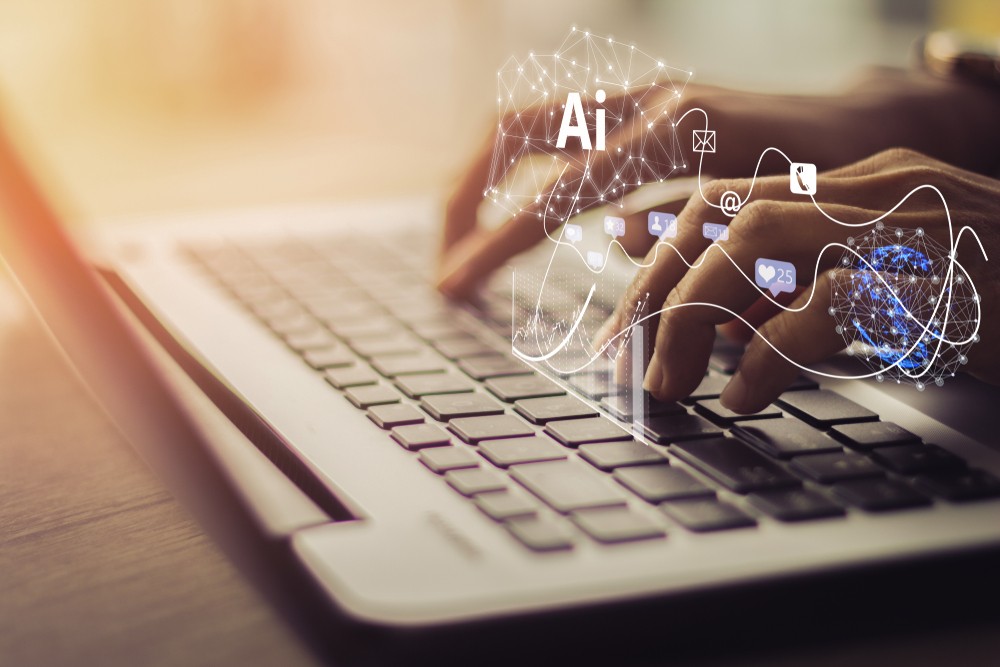Software intelligence company Dynatrace has launched the AutomationEngine. This new Dynatrace® platform technology features an intuitive interface and no-code and low-code toolset and leverages Davis® causal AI to empower teams to extend answer-driven automation across boundless BizDevSecOps workflows. A few examples include:
· Automated remediation and progressive delivery to continuously evaluate software against specific, measurable service level objectives (SLOs).
· Automated routing of vulnerabilities discovered by Dynatrace® Application Security to the right people while reducing false positives to ensure prompt action.
· Forecasting future cloud infrastructure and compute resource requirements and automating provisioning to help ensure a superior customer experience.
According to James Governor, co-founder of RedMonk, “cloud-native and multicloud technology adoption is accelerating, driving platform fragmentation and an explosion in observability and security data variety and volume. AI/ML and automation are increasingly useful in taming this complexity, enabling organizations to find the right answers and automate fixes.”
The Dynatrace® AutomationEngine is designed to deliver answer-driven automation that enables organizations to operate clouds more efficiently, innovate faster and more securely, and ensure consistently better business results.
“Dynatrace is enabling us to leverage all our observability and security data to automate our increasingly complex cloud ecosystem intelligently,” said Alex Hibbitt, Engineering Director, SRE and Fulfilment at albelli-Photobox Group. “The platform leverages causal AI, which provides precise and explainable answers that we can trust. The new AutomationEngine applies Dynatrace AIOps to our data, and its no-code and low-code toolset and predefined actions make it easy to automate tasks that once required engineering input. These enhancements to the Dynatrace platform enable us to enhance cross-team collaboration, improve service efficiency, and reduce the risk of errors by eliminating manual steps.”
“The complexity, scale, and dynamism of modern clouds, combined with ever-increasing deployment frequency, requires extensive and intelligent automation to ensure flawless delivery and great customer experiences,” said Bernd Greifeneder, Founder and Chief Technology Officer at Dynatrace. “Combining precise, causal-AI answers from observability, security, and business data from production environments with automation provides a feedback loop that makes the automation more intelligent and business-value-oriented. Now, teams can extend this answer-driven automation to nearly unlimited use cases, like managing seasonality, reacting to changing user experiences, disabling features for security or quality reasons, or enhancing software orchestration to reflect myriad external factors – from weather forecasts to energy consumption to supply chain delays and beyond. The Dynatrace AutomationEngine makes this a reality and pushes the industry one giant step toward a world where clouds run autonomously, and software works perfectly.”




